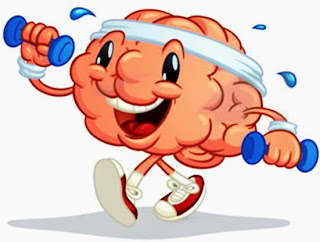Parents, do you want to encourage your young people to think
mathematically? Here are some ways to accomplish that.
Preschoolers
Nurturing Mathematically Talented Preschoolers—While it can be difficult to find programs for three- to five-year-old mathematically
precocious children, there are things that you can do at home to encourage and
feed their talents. Click on the link above and find suggestions that include
- Specific building materials, including LEGOs, Tinker Toys, Lincoln Logs, K’nex, Magna-Tiles, tangrams, and blocks of all shapes and sizes. Ideas are also provided for using these building sets.
- Ways to use mathematical logic in everyday conversations
- Ideas for working with fractions
There is no need for formal lessons. All of the suggestions provided
are applied through play activities.
Elementary School Students
10 Practically Fun Math Games and Activities for Your Preteen—While the title of this article suggests
that young people be close in age to teenagers, many of these activities are appropriate
for much younger children. Author JC Ryan lists eight indoor activities and two
outdoor activities that parents may not automatically think of as building math
skills.
Kindergarten through High School
Have You Seen These 8 High Quality, Free Maths Websites?—Activities
here cater to an enormous range of abilities and offer math related subjects
from basic counting through calculus, current economic theory, and puzzles.



